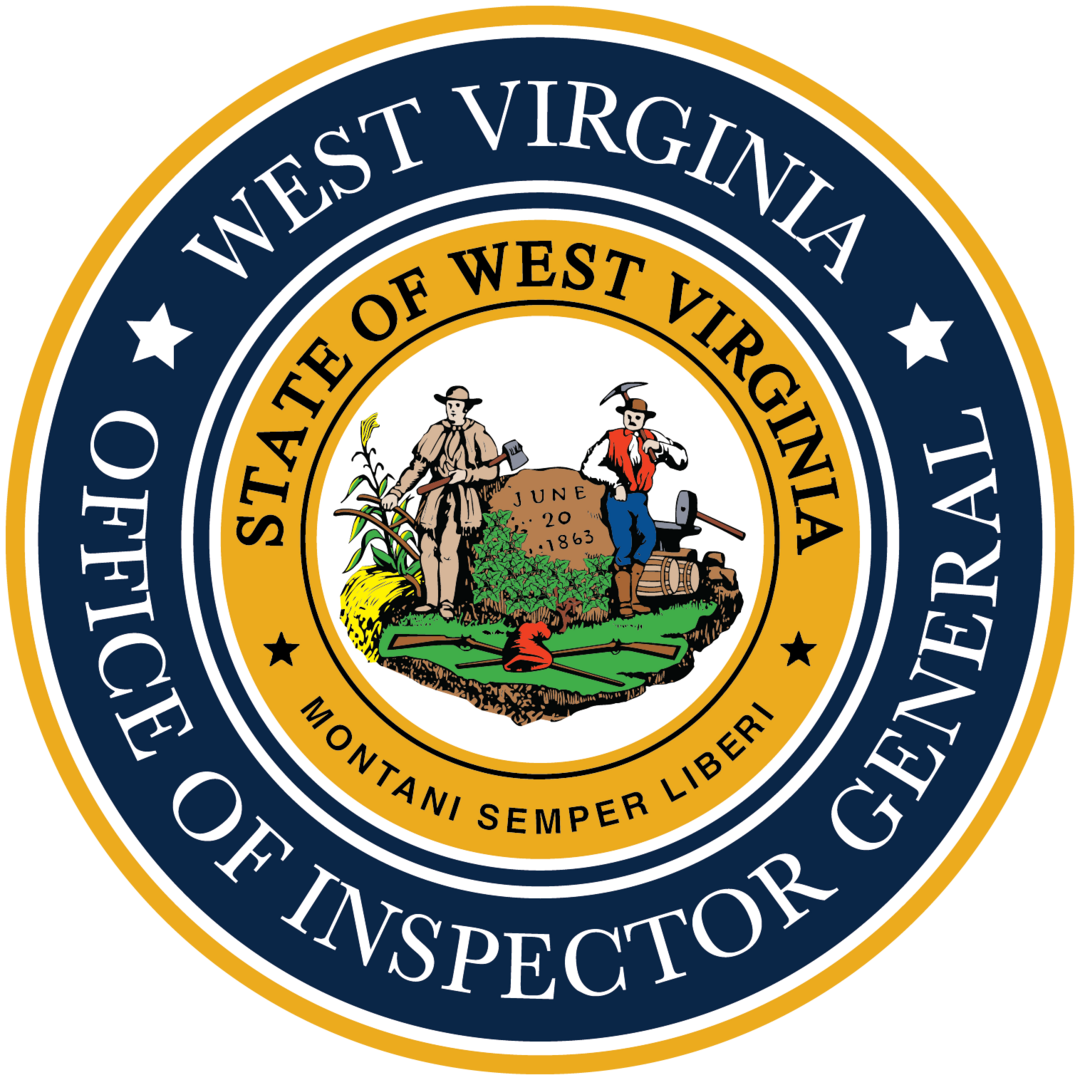
Amidst a legislative session marked by several contentious bills, a notable piece of positive legislation has emerged in West Virginia with the passage of the Universal Professional and Occupational Licensing Act.
Governor Patrick Morrisey swiftly signed the bill into law, underscoring its significance. The act aims to ease the process for individuals moving to West Virginia to transfer their existing professional licenses. Specifically, it mandates that each professional board issue a West Virginia license to applicants who hold a valid license in another state for at least one year, subject to certain conditions.
"My top priority is making West Virginia the most attractive place to live, work, raise a family, and enjoy life," stated Governor Morrisey. "That means reducing unnecessary bureaucracy and red tape for those already here and for those looking to move to West Virginia and contribute to our economy."
While applicants for license transfer will still be required to have held a valid license in their previous state and meet other requirements, such as paying state fees, the passage of this bill is expected to significantly expedite the settlement process for individuals seeking to relocate to West Virginia by eliminating superfluous administrative hurdles.
The legislation is being lauded for its potential to minimize unnecessary government interference in professional mobility. Governor Morrisey emphasized, "This measure will ensure that nurses, doctors, construction workers, real estate agents, skilled tradespeople, and other professionals licensed in other states can move to West Virginia and get to work without unnecessary delays."
As positive reactions to the bill's passage continue to pour in, attention now turns to whether the state legislature will exercise restraint during the remainder of the session and avoid passing additional legislation that could deter reasonable individuals from moving to and settling in West Virginia.
Background:
Challenges of Interstate License Transfer in the US: The United States has historically faced challenges with the transfer of professional licenses across state lines due to varying state-specific requirements. This has created difficulties and financial burdens for professionals relocating to new states, hindering labor market flexibility and potentially slowing economic growth.
Need for Universal License Recognition: To address these issues, several states have been exploring and implementing measures to simplify license transfer procedures or establish reciprocal recognition of licenses from other states. West Virginia's new law aligns with this growing trend.
Expected Benefits: The implementation of this act is anticipated to give West Virginia a competitive edge in attracting skilled professionals, potentially boosting the state's economy and creating jobs, particularly in sectors facing labor shortages such as healthcare and construction.
Future Considerations: For the law to be successfully implemented, the development of clear regulations, effective communication, and seamless cooperation during the actual license transfer process will be crucial. Furthermore, ongoing information exchange and collaboration with other states will be essential to building a more efficient interstate license transfer system.
[Copyright (c) Global Economic Times. All Rights Reserved.]






























